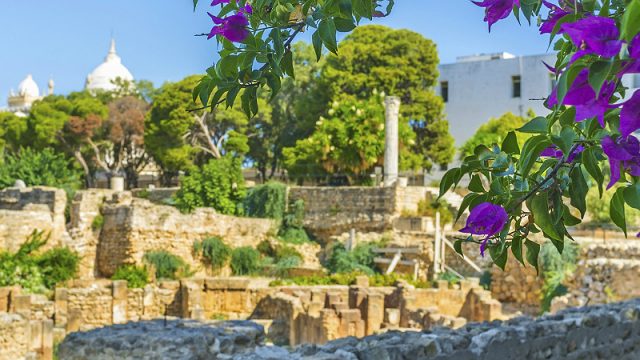One of the top destinations on the Mediterranean, Tunis offers a wealth of treasures and labyrinthine streets that tourists love to explore. The city dates back hundreds — even thousands — of years, and even predates the Roman empire. Its immensely long history has allowed it to develop a unique culture and many secrets. From its wealthy former rulers to the building of its famous mosques, here are 10 things you didn’t know about Tunis.
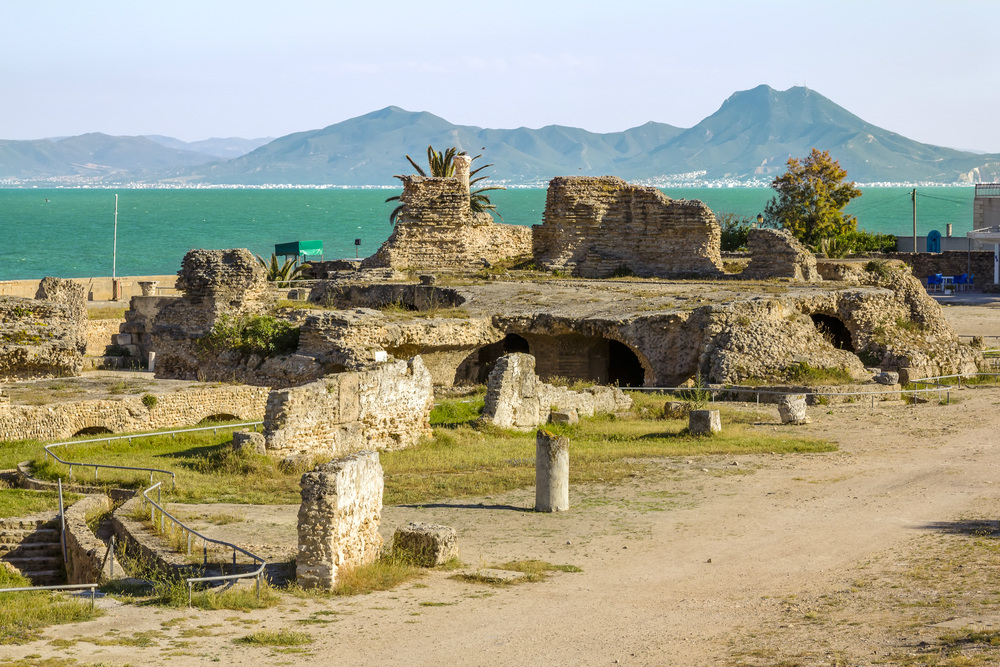
Shutterstock
It was once home to Carthage
If you were to dig deep enough under the city, you’d probably find all kinds of ruins from the Carthaginian Empire. Even above the city, you can still see a large area of Carthage and imagine yourself walking around 2,000 years ago. Unfortunately, much of Carthage was actually destroyed by the Romans during the Punic wars, so what you see is what you get.
Much of the central city is a UNESCO World Heritage Site
Most of the city’s Medina is still intact and looks just like it did when it was originally built in the 8th century. Inside the UNESCO World Heritage Site, there are over 700 historic monuments that cover 7 different areas, including the Kasbah Mosque, Zitouna Mosque, Bab Bhar Gate and more. It became a heritage site in 1979.
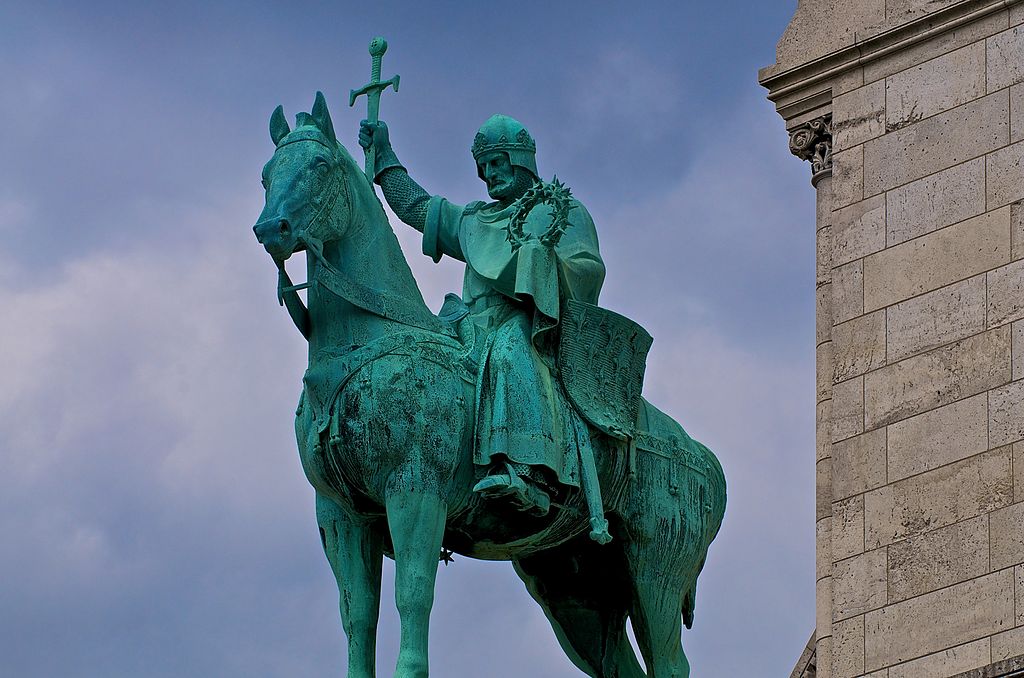
Courtesy of Larry Johnson / flickr
It was conquered by Louis IX of France
The history of Tunis would have played out much differently if Louis IX of France would have remained in power. In 1270, the King (also known as Saint Louis) took over the city and wanted to convert it to Christianity. This plan failed and he died outside the walls after his army contracted a nasty case of dysentery.
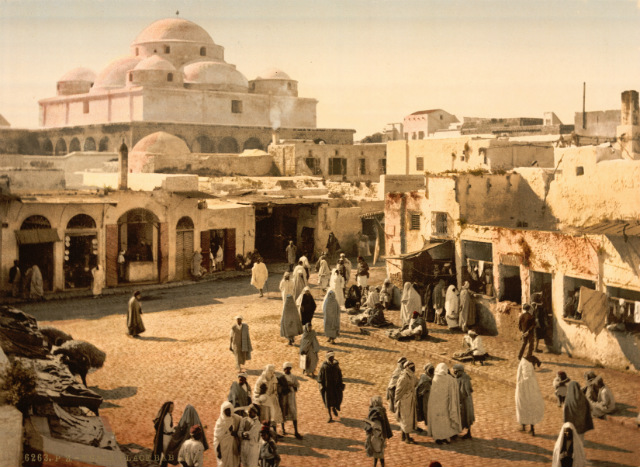
Tunis in 1899 / Courtesy of US Library Of Congress
Then France occupied it again for over 80 years
Between 1881 and 1956, the French once again occupied the city and the area saw a large influx of Europeans. Under the protectorate, the city saw a major expansion and redevelopment. During this time period, water supplies, public transport and other modern conveniences were added to the infrastructure.
It can get really cold
Tourists thinking they are escaping the winter in Europe are often in for a bit of a shock when they arrive in Tunis and find out that it’s downright cold. Even though the city is on the edge of the Sahara Desert, its average high is just 61 (16C) in January. The city has also recorded many days below freezing during the winter months.
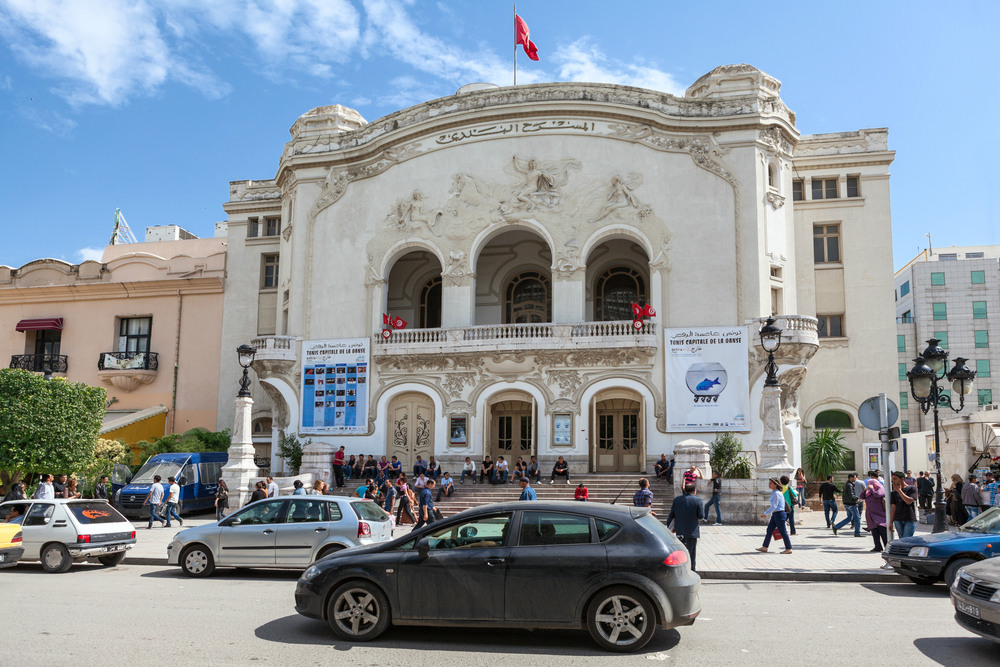
Kekyalyaynen / Shutterstock
It was once one of the wealthiest cities in the Islamic world
While it’s far surpassed in this day in age, Tunis was once considered one of the wealthiest places in all of the Islamic world. The Hafsids and Almohads ruled the city between the 12th-16th centuries and used the city as a port and distribution point. It’s during this time that many of the large palaces, mosques and madrasas were constructed throughout the city.
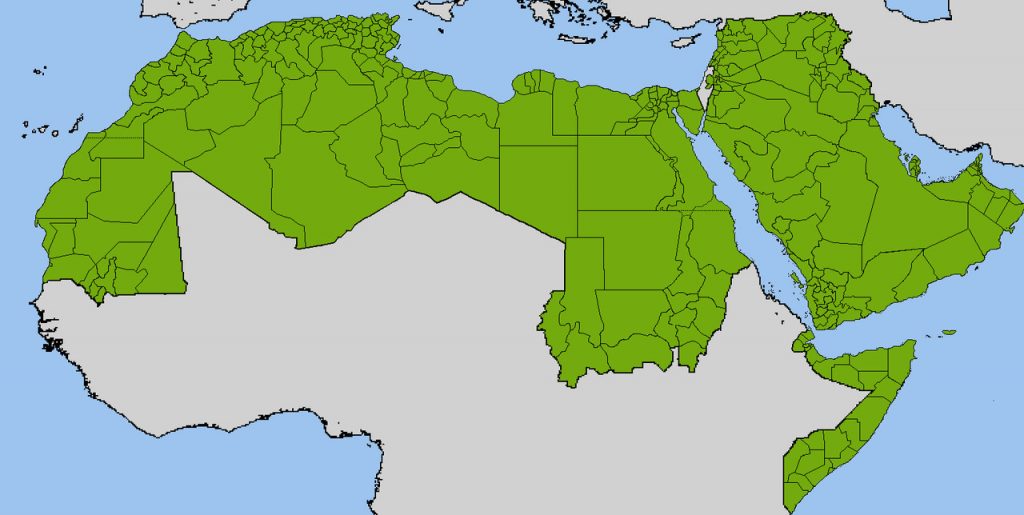
Courtesy of Arab Hafez / Wikimedia Commons
It was once home to the Arab League
When Egypt made peace with Israel, the Arab League headquarters were moved to Tunis between 979-1990, giving the city a more prominent position in international politics. The Palestine Liberation Organization (PLO) also had its headquarters in the city from the 1970s to 2003.
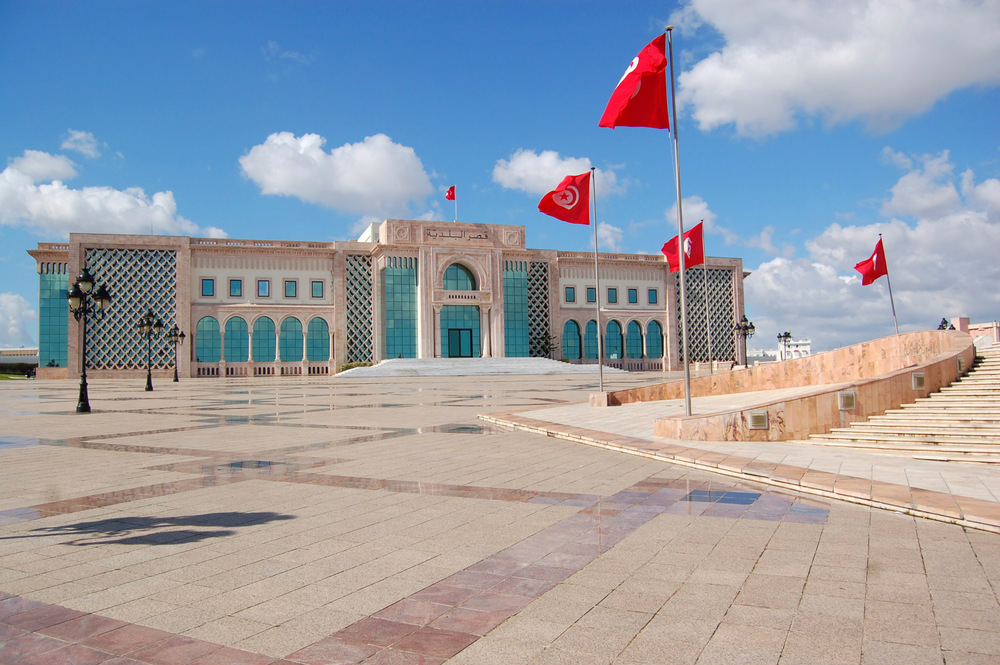
Shutterstock
It’s been the capital city for close to a millenium
Tunis has long been home to all the political power in Tunisia. Since 1159, the city has reigned supreme and is home to the presidential palace, is home to many diplomats, along with many other government institutions and buildings.
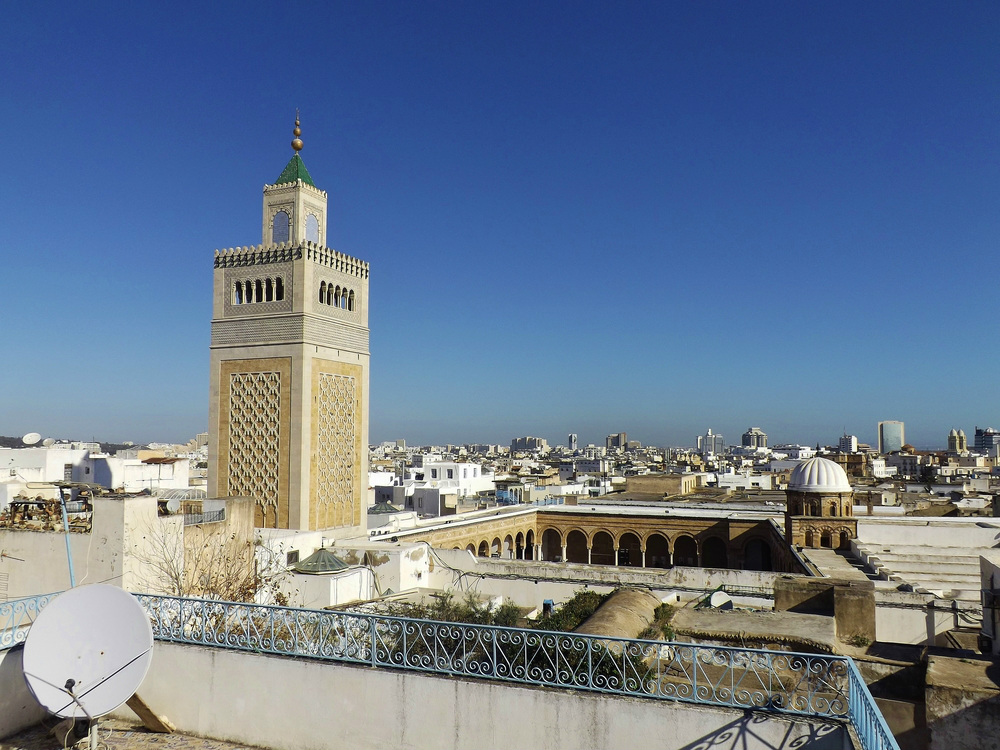
Shutterstock
It has one of the oldest mosques in the world
Tunis is home to the gigantic Al-Zaytuna Mosque which was founded as far back as 698 A.D., though the exact date of construction isn’t known. This makes it one of the oldest mosques in the world, and for centuries was one of the top centers of learning in North Africa.
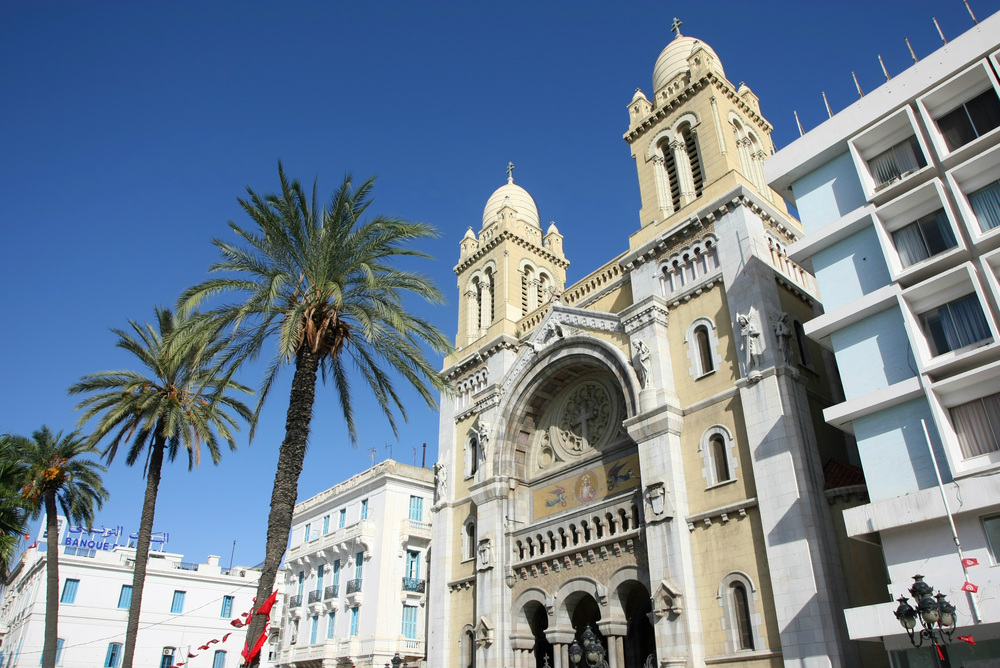
Shutterstock
The population is around 99% Sunni Muslim, but still has some diversity
While various European groups (mostly Italian, Spanish, and French) used to make up a large portion of the city’s demographics, the population is now around 99% Sunni Muslim. Despite the large Muslim presence, there are still other religions and religious structures to accommodate those who practice them in the city. These include Greek, Coptic and Russian Orthodox churches, along with several synagogues.
Related content on AFKTravel:
Photo Essay: A Tour Through The Stunning Streets Of Tunis
Tuck Into Tunisia: 10 Essential Foods That You Have To Try
City Guide: Tunis, Tunisia
This article was originally published January 19, 2016.
Want to discover the finer side of Africa? Sign up for our weekly newsletter.
